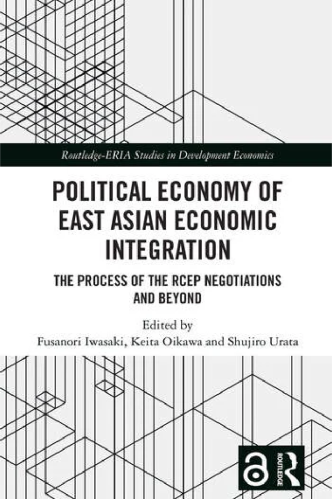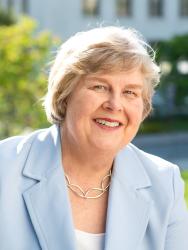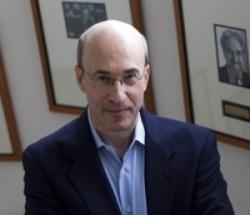

9:00 am EST - 12:00 pm EST
Past Event
9:00 am - 12:00 pm EST
1775 Massachusetts Ave., NW
Washington, DC
»In the wake of the Great Recession, unconventional monetary policy came to the forefront in an effort to get the global economy stabilized. As the Federal Reserve celebrates its 100th anniversary, now is a good time to reflect on this recent period of economic experimentation to help policymakers past, present and future understand what works and where we need to do better. How well are the authorities in the US and globally recasting both regulatory policy and institutions to make the financial system more stable? Are central banks able to maintain their independence in the midst of economic crises? When and how should central banks unwind the recent expansions of their balance sheets?
On January 16, the Hutchins Center on Fiscal and Monetary Policy at Brookings hosted its inaugural event exploring these topics with a panel moderated by Director of the Hutchins Center and Brookings Senior Fellow David Wessel. Papers were be presented by: San Francisco Federal Reserve President and CEO John Williams on unconventional policy, with a response by Harvard University’s Martin Feldstein; Former Deputy Governor of the Bank of England Paul Tucker on regulation, with a response by Sullivan & Cromwell’s H. Rodgin Cohen; and a panel discussion on central bank independence with Brookings’s Donald Kohn, Harvard’s Kenneth Rogoff, and the University of California’s Christina Romer. Following the panel, former CEO of Fischer Francis Trees and Watts, Inc., Pulitzer- Prize winning author, and Brookings trustee Liaquat Ahamed interviewed Federal Reserve Chairman Ben Bernanke about the Federal Reserve’s first and next century. All speakers took questions from the audience.
Download “Regulatory Reform, Stability, and Central Banking” by Paul Tucker »
Download “Federal Reserve Independence in the Aftermath of the Financial Crisis” by Donald Kohn »
12:00 am
12:00 am

9:15 am
10:35 am


11:10 am
9:00 am
9:50 am

February 25, 2025

February 25, 2025

Lucia Hanmer, Barbara Hendrie
February 20, 2025